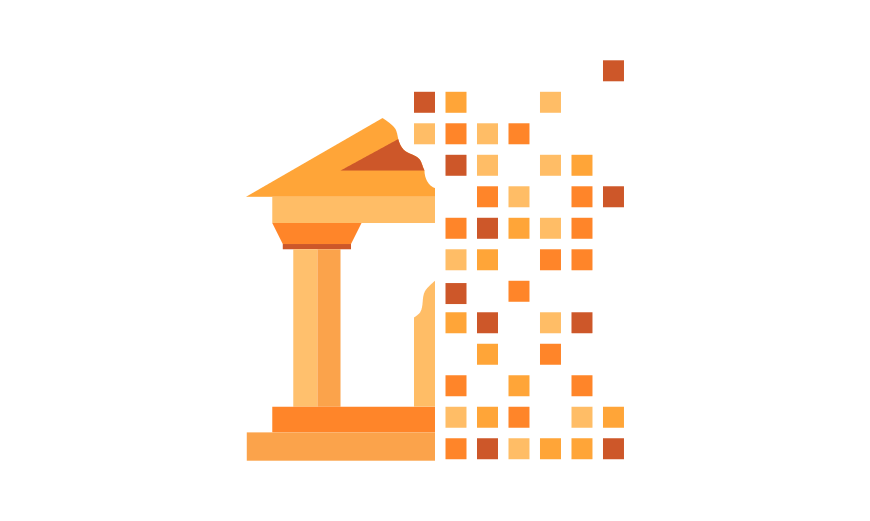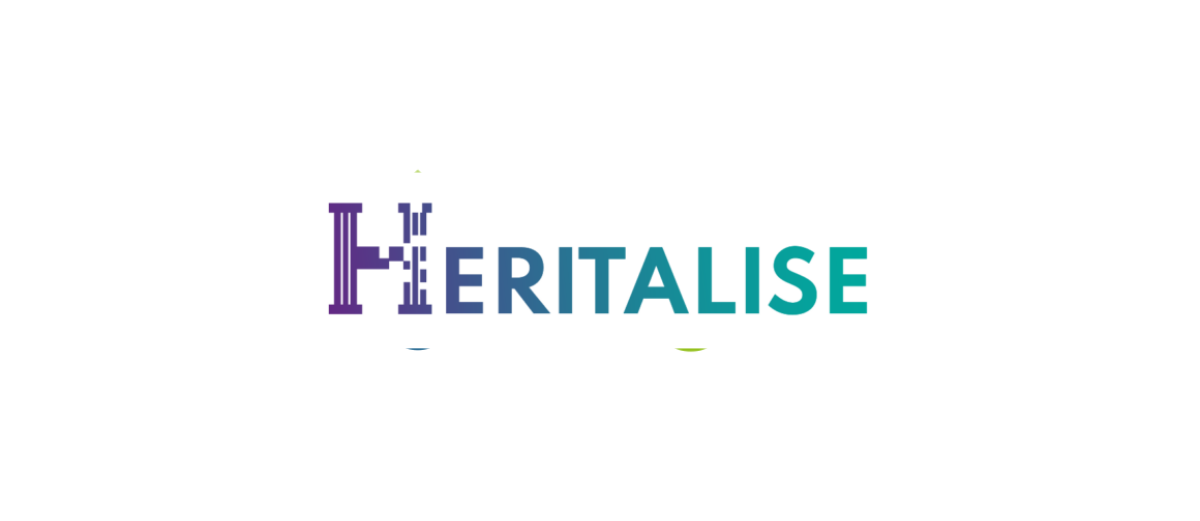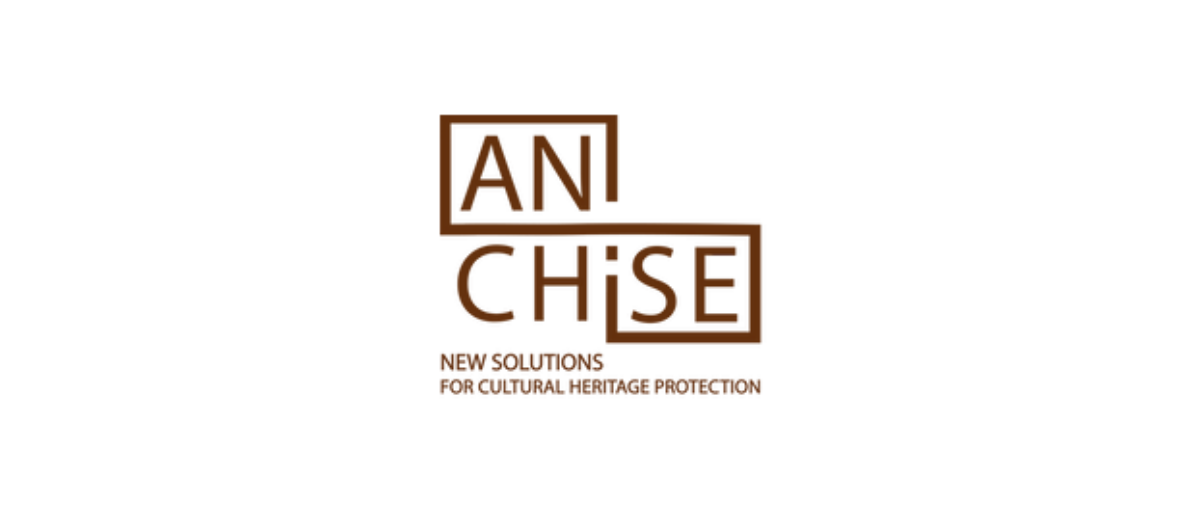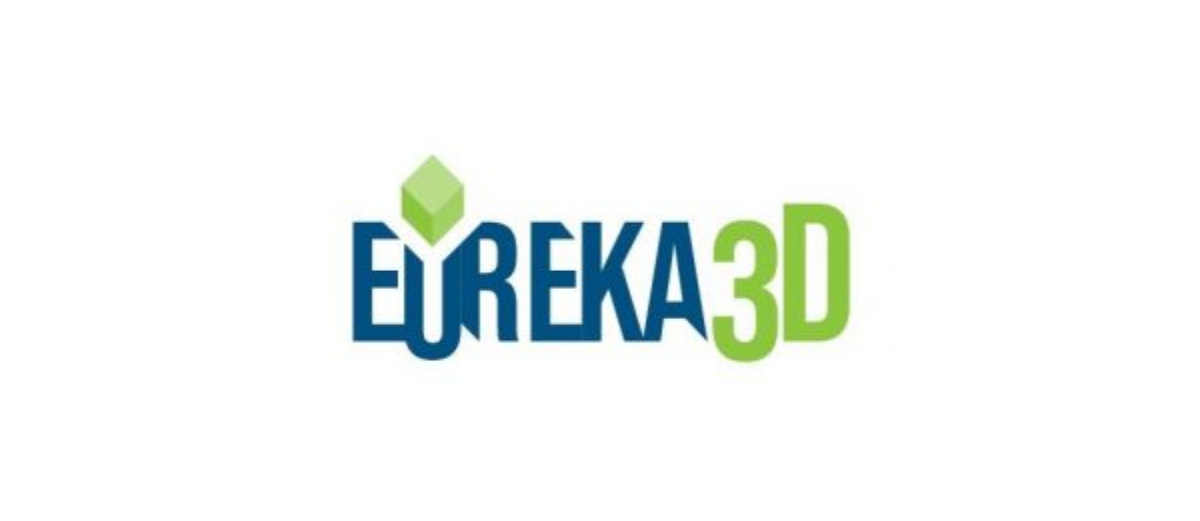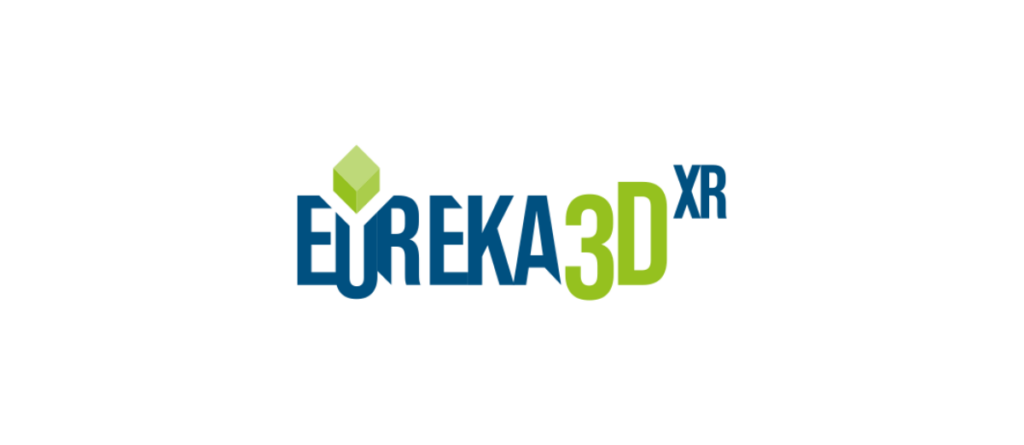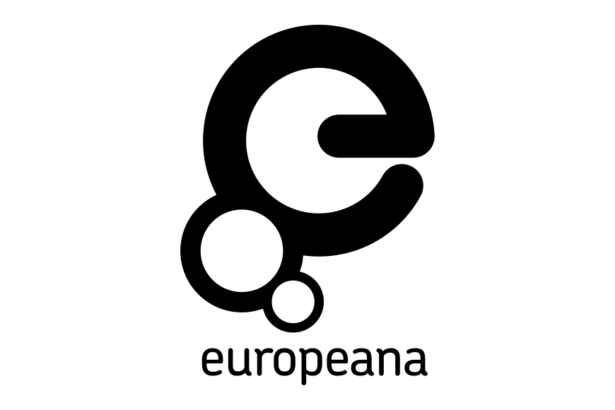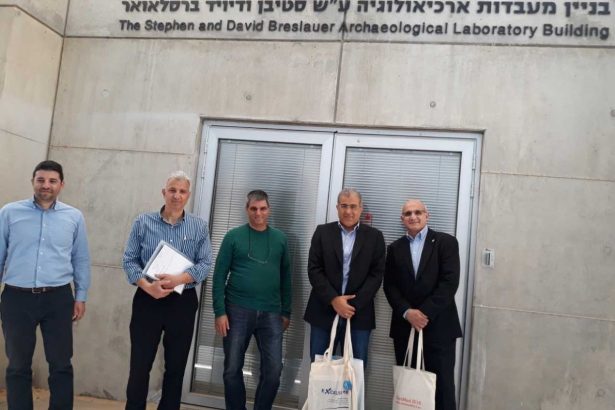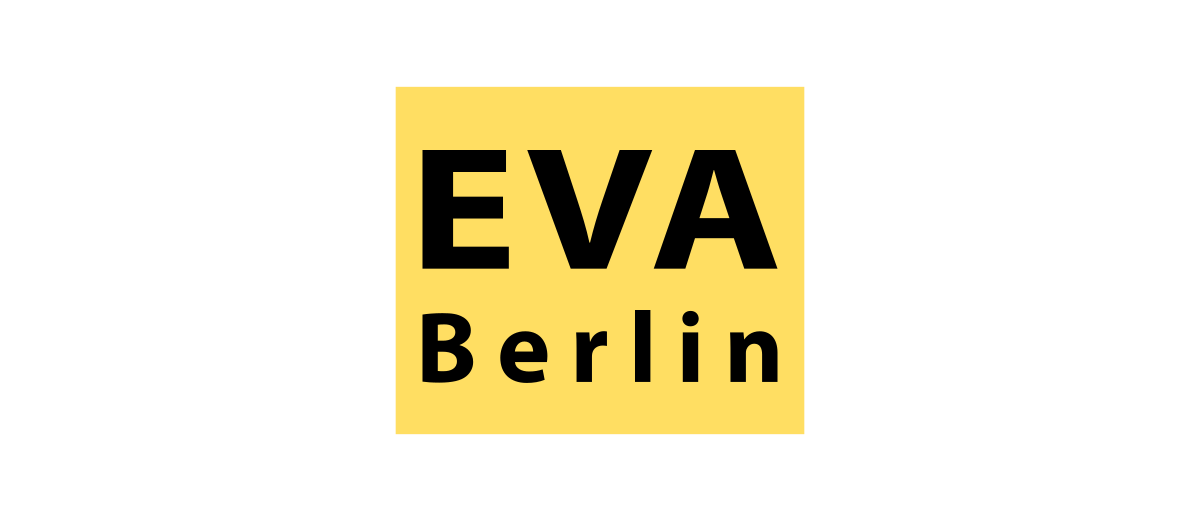Upcoming new Book
3D Research Challenges in Cultural Heritage – Vol. VI:
AI-Driven 3D Digitisation & Modelling in Cultural Heritage
CALL for Original PAPERS
Introduction
Building on the success of previous 3D research publications in cultural heritage by Springer-Nature and in collaboration with the EU Horizon Europe HERITALISE, EU HE ANCHISE, EU Digital-Europe EUreka3D and EU Digital-Europe EUreka3D-XR projects, we are pleased to invite submissions for a special issue of 3D Research Challenges in Cultural Heritage, Vol VI: AI-Driven 3D Digitisation and Modelling. This issue will explore the critical challenges and advancements in AI-driven 3D reconstruction for cultural heritage.
This initiative is inspired by the pioneering work of the UNESCO Chair on Digital Cultural Heritage at the Cyprus University of Technology, emphasising a comprehensive and interdisciplinary approach to cultural heritage digitisation. We seek high-quality contributions that advance this key field for the recovery of the Past and demonstrate practical usability across various disciplines.
Scope and Themes
This special issue welcomes original research addressing the technical, cultural, and ethical implications of AI-driven 3D Digitisation and Reconstruction. We encourage submissions that demonstrate the highlight quality, usability, and comprehensive documentation results. Topics of interest include, but are not limited to:
- Quality Assurance in AI driven 3D Digitisation and Reconstruction – Techniques to ensure accuracy, fidelity, and practical usability across interdisciplinary applications.
- Paradata and Metadata Integration – Frameworks for capturing and integrating process documentation (paradata) and metadata to enhance quality of results, transparency, reproducibility, and interpretative value.
- Complexity in Digitisation Workflows – Research on the increasing complexity of workflows, from data acquisition to post-processing, and the role of AI in optimising these processes.
- AI-Driven Innovations – Advancements in machine learning and AI techniques that improve automation in data acquisition, recognition and classification of materials and their conditions, precision, scalability, and accessibility.
- Holistic Integration – Strategies for aligning technological developments and embedding cultural and historical contexts in AI driven 3D reconstructions.
- Quality Standards – Studies adhering to European Union guidelines on high-quality 3D digitisation of tangible cultural heritage, emphasising best practices and benchmarks.
- AI driven Multimodal and -Multispectral Approaches – Integration of diverse data sources (e.g., Satellites, Photogrammetry, LiDAR, Infrared , Spectroscopy, X-Ray, etc.), materials and their conditions, etc. into coherent and comprehensive reconstructions.
- Sustainability and Longevity – Addressing the long-term preservation of digital heritage, Satellite/Remote monitoring of monuments’ and sites and ensuring data accessibility for future generations.
- AI’s Influence on Decision-Making – Examining how AI-driven processes impact the digitisation and 2D/3D reconstruction of cultural heritage.
- Socio-Ethical Considerations – Discussions on identity in Cultural Heritage, inclusivity, intellectual property, and ethical implications of AI-driven 3D cultural heritage projects.
Submission Guidelines
- Full Paper Guidelines: strictly 12-15 pages incl. images, tables and bibliography
- Formatting Standards: Springer-Nature LNCS Guidelines
- Submission Deadline: 30 June 2025
- Submission Process: Online Submission under OpenConf
- Language: English
- Costs: Free of Charge
- Contact: [email protected]
Review and Publication Process
All submissions will undergo a rigorous peer-review process to ensure scholarly quality and alignment with the theme of the special issue. Accepted papers will be published free of charge, contributing to significant advancements in AI-driven 3D reconstruction in Cultural Heritage.
With the support from EU Projects:

